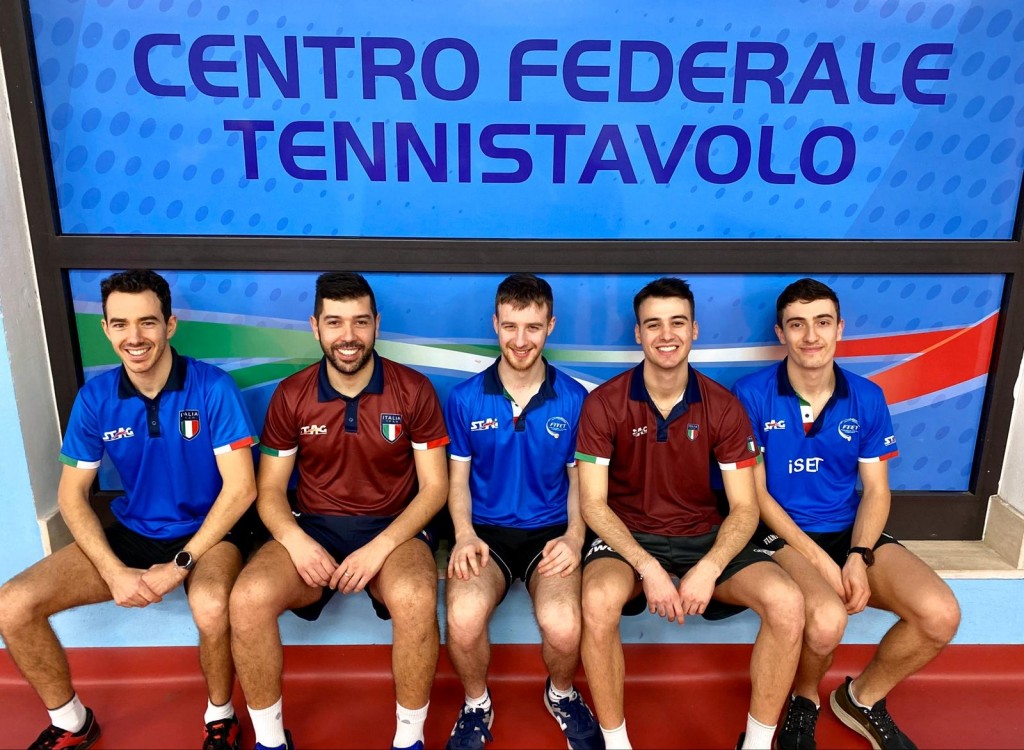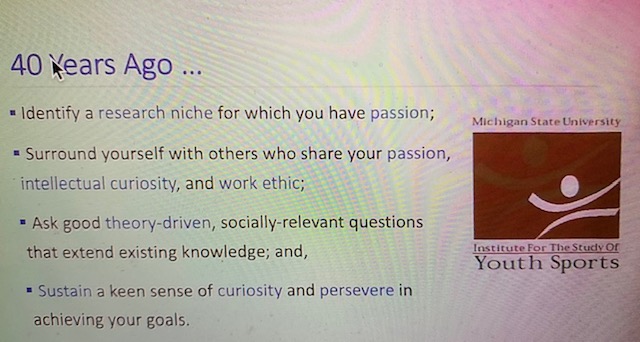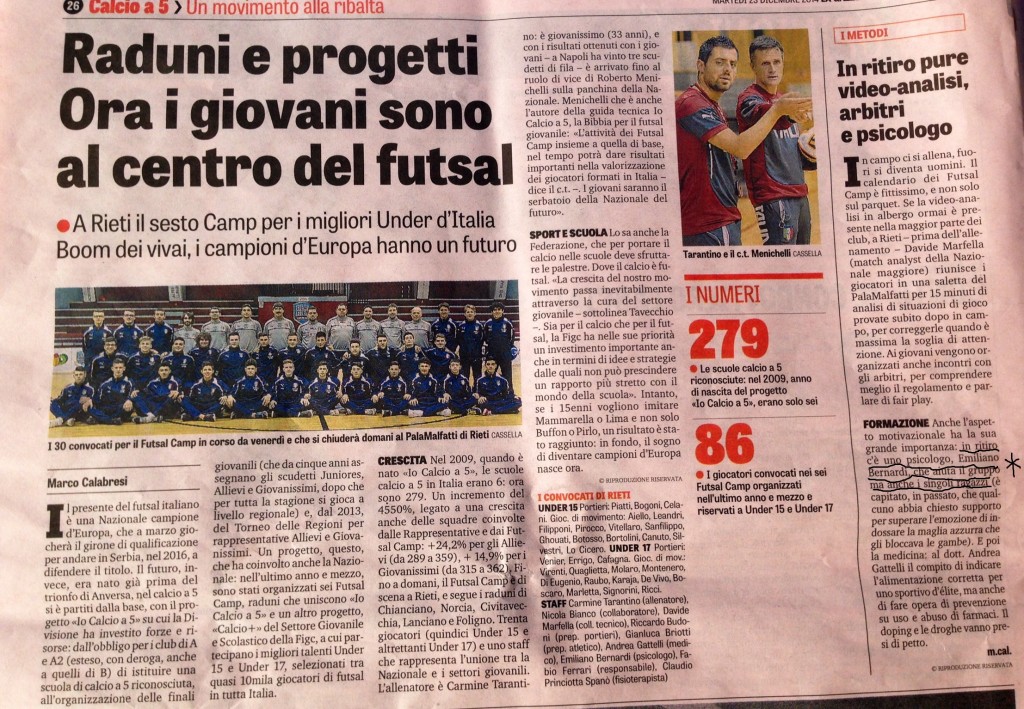The issue of anxiety and depression among many young people is obviously dramatic, and it seems to me that there is a tendency to solve this issue through the bonus for psychotherapy and the introduction of the school psychologist. However, this picture is missing the consideration of an important piece: the psychological training of teachers. Indeed, I would say of adults who work with young people. So this enlargement also concerns parents and coaches. I do not know what the psychological and pedagogical preparation of school teachers is, but I know very well that of coaches, and I am convinced that with little, much more could be done to improve their skills.
When I tell this to the managers of sports clubs, they usually explain to me that they cannot imagine how many problems they have to solve on a daily basis and that even if they wanted to, they could not afford additional expenses. Unfortunately, it is the same answer they have been giving me for 30 years and it reflects their idea of sports: training, competitions and pay everyone little. I remember when with Barbara Benedetti, secretary of the youth and school sector of the FICG, now 20 years ago we managed to make the figure of the psychologist compulsory within soccer schools. It was written in the document that went to the clubs that the psychologist had to have five meetings a year with parents and coaches. The first few times that some psychologists began to offer themselves for this role in the clubs in lieu of compensation they were told that they would receive a club uniform and be invited to the Christmas dinner. Obviously, in the face of the refusal of this exchange, the payment for this consultancy would be finalized. At that time I also drew up a list of activities that, in addition to these meetings, included other actions to be carried out in that area specifying their respective compensation. I used to give them to colleagues so that they could move in that environment in a more professional way.
To many sports clubs I also proposed to increase the cost of membership by 10 euros per year, the difference that was obtained could be the cost of the psychologist. I didn’t want to be told we can’t do that because of economic problems.
This story serves to make the point that the sports environment, and I imagine the school environment as well, is a place where changes, innovations are seen as threatening. Today that many coaches have degrees in exercise science, the basic situation has improved because they studied psychology in college but still do not do internships on how to teach in the various age groups, and there are no federal courses that we have this specific application orientation. In addition, the job of coaching is largely underpaid and, therefore, alienates many from wanting to train further while it is used by others to justify their shortcomings and their proceeding according to their ideas without ever checking them.
On this basis, it is difficult for young people who show psychological difficulties to find adequate psychological support from these adults. Many parents in turn tend to defer the total psychological training of their children to school and sports, hiding behind the rhetoric of “I did not study to become a parent.”
On this basis and the slavery induced by the use of social media, it is difficult for young people who manifest psychological problems to find solutions. Easier to pass off their discomfort as illness so experts will deal with it and other adults who interact with them will finally breathe a sigh of relief.







